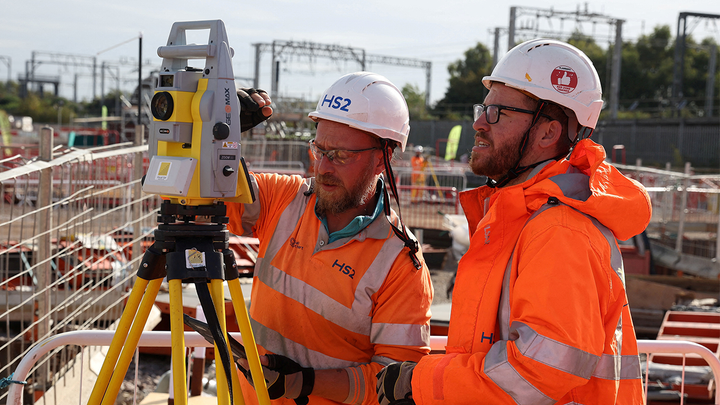The UK government has launched a major plan worth £3 billion to help train local workers. This effort is meant to reduce how much the country depends on migrant labour. The government says this move will create 120,000 new training opportunities in key sectors like construction, health care, digital tech, and engineering.
Why is this happening now? The government is under growing political pressure after the Reform UK party, which is against immigration, performed well in local elections. Prime Minister Keir Starmer wants the country to focus more on training young people in the UK instead of bringing in workers from other countries.
Right now, over 21% of people in the UK who are of working age are not working. This number has gone up since the COVID-19 pandemic. To help solve this problem, the government is also raising the immigration skills charge by 32%. This charge is paid by businesses that hire foreign workers. The extra money will be used to fund 45,000 more training places for British workers.
Some people think this is a smart move that will help the country in the long run. However, business leaders are worried. They say that unless training gets much better, the stricter immigration rules could hurt the economy. They believe companies still need skilled workers, and there might not be enough trained locals ready yet.
What does this plan really mean for the UK? It shows that the government wants to rely less on other countries for workers. By helping people in the UK learn new skills, they hope to fill job gaps and build a stronger economy.
This big investment shows a clear message: the UK wants to grow its own talent and build a workforce that can meet future needs without always turning to migrant labour. But the success of this plan depends on how well the training is done and if enough people take part in it.

